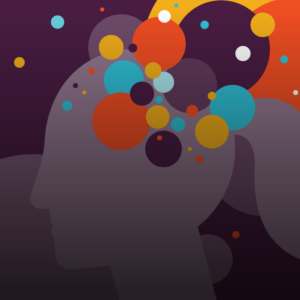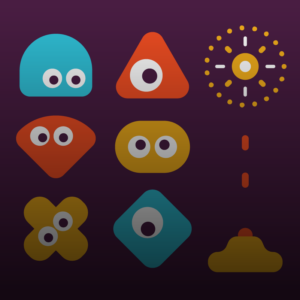The holiday and New Year season are a wonderful time (for the scientifically minded) to explore insights around the role of our Emotional State. Cognisess’ Chief Scientific Officer, Dr Boris Altemeyer discusses what our emotional state does to us and why that is important.
As social beings, our interactions are shaped by our current mood and general emotional ‘status quo’ – i.e. our Emotional State. At certain times of the year, such as the winter holidays, we have a heightened awareness of our own and other’s Emotional State. This can often make or break conversations and occasions – as some of us might have found out first hand whilst meeting friends and family over the holidays!
Are our decisions influenced by our emotions?
We know from research, as well as from experience, that it is generally a bad idea to make promises when in a good mood and major decisions when in a bad mood. We are much more likely to be empathetic and engaging when we are in a neutral or positive mood. Being able to assess how another person is feeling is a tremendous skill. And doing so without being overly influenced by our own Emotional State, is more than just a skill or talent. However, AI is able to help.
The way we feel or perceive how someone else is feeling will influence how we choose to react. This heightened sensibility is something that makes distinctly superior to AI… or does it?
AI can see our emotional state
In the past, we have focussed a lot of our research efforts on developing computer vision. This is used in the platform’s video analysis tool to reliably detect micro-expressions and emotions from a candidate’s video interviews. Using our own dedicated algorithms and analysis we are able to reveal a tremendous amount about a person, for example:
- How engaged someone might be in a role
- Their suitability for a role were empathy or Emotional State play a big part. We have found this to be especially useful when working with the hospitality industry, in which customer service and mood state is paramount.
How good are we at decision making?
Some humans are good at spotting emotional states. A recruiter or manager may be known for their good ‘instinct’ when picking the right candidate. Most of us do these things without thinking about it, or even being able to verbalise it. Whilst this insightfulness can be seen as a great advantage over a machine the approach is also prone to human errors. For example, distraction, stress, fatigue, bias and our own ‘less-than-reliable’ Emotional State.
However, machines don’t have an ‘off-day’. Which is why at Cognisess we generate greater accuracies and efficiencies with machines in order to open up new opportunities for humans to learn about their own Emotional States and mood patterns.
Why we need to work with AI
We are starting to see a reversal of roles between the human and the machine – particularly in candidate recruitment and employee management. Up to this point in time, we have spent a lot of time ‘mentoring’ the machines to mimic what we humans do, like finding patterns and starting to interpret them.
Going forward, we will see this dynamic being reversed. We will gain knowledge by learning from the patterns that the machines uncover, which in turn will reveal a lot about other people’s behaviour. For instance, this will be particularly helpful when dealing with huge amounts of real-time human data, volumes of videos, and visual information that are too vast for any human to process.
The ghost of recruitment past is fast becoming the traditional recruiter armed with their ‘instinct’ and the ghost of recruitment future is AI. Which ghost is part of your hiring process? Give yourself the gift of a future proof recruitment process this Christmas by booking a free demo with us.


